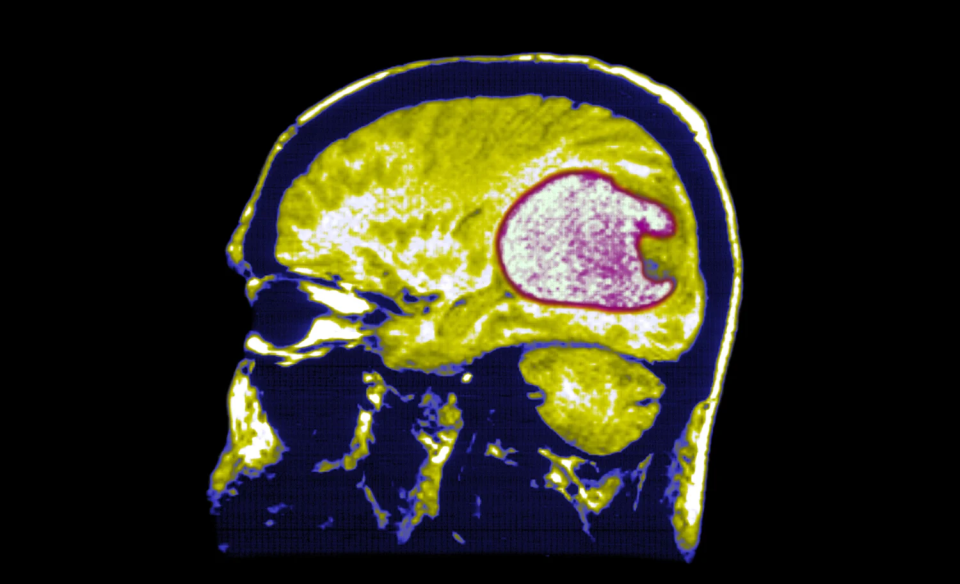A novel brain cancer treatment developed by CNS Pharmaceuticals (NASDAQ: CNSP) has shown mixed results in a late-stage clinical trial. The drug, Berubicin, did not demonstrate statistically significant superiority in overall survival compared to the current standard of care, Lomustine, in patients with recurrent or progressive Glioblastoma Multiforme (GBM).
Despite falling short of its primary endpoint, Berubicin showed comparable results to Lomustine in clinically important measures across all patients, including those with unfavorable tumor markers. Notably, the drug exhibited no cardiotoxicity, a common concern with similar cancer treatments, and maintained a favorable safety profile.
The multicenter, open-label, randomized controlled study involved 252 patients across North America and Europe. Patients were randomized 2:1 to receive either Berubicin or Lomustine. The trial is ongoing, with some patients continuing treatment and follow-up for overall survival data.
Dr. Sandra Silberman, Chief Medical Officer of CNS Pharmaceuticals, commented on the results: “While overall survival is comparable between Berubicin and Lomustine, we are awaiting long-term follow-up of patients still alive and those still on trial. We will evaluate our substantial clinical dataset to obtain additional insights.”
Berubicin belongs to a class of powerful anticancer agents called anthracyclines. It is the first of its kind to readily penetrate the blood-brain barrier, potentially overcoming a significant hurdle in treating brain cancers. The drug’s ability to avoid cardiotoxicity, even in patients receiving treatment for over a year, suggests it could be a valuable option for patients with recurrent or progressive cancers.
Dr. Erin Dunbar, a Principal Investigator and Director of the Piedmont Brain Tumor Center in Atlanta, expressed optimism about the drug’s potential: “I have witnessed rapid imaging responses and excellent clinical tolerability throughout the trial. I hope to see continued investigation of Berubicin to further evaluate its potential as an important tool to treat primary and/or metastatic cancer patients of all ages who urgently need additional options.”
CNS Pharmaceuticals CEO John Climaco indicated that the company is exploring further development of Berubicin and evaluating opportunities to apply the methodology and strategy from this program to other drugs for CNS malignancies. This includes their proprietary drug TPI 287, a taxane-derivative with published clinical and radiologic data showing activity in GBM.
While the results may not have met the highest expectations, they offer hope in a field where progress has been challenging. GBM remains one of the most aggressive and difficult-to-treat forms of brain cancer, with limited effective treatment options available.
The company’s stock is likely to face scrutiny as investors digest these mixed results. However, the potential applications of Berubicin in other cancer treatments and its favorable safety profile may provide some optimism for the drug’s future. As the trial continues and more data becomes available, CNS Pharmaceuticals and the broader medical community will be watching closely to determine the next steps for Berubicin and its potential role in the fight against brain cancer.

